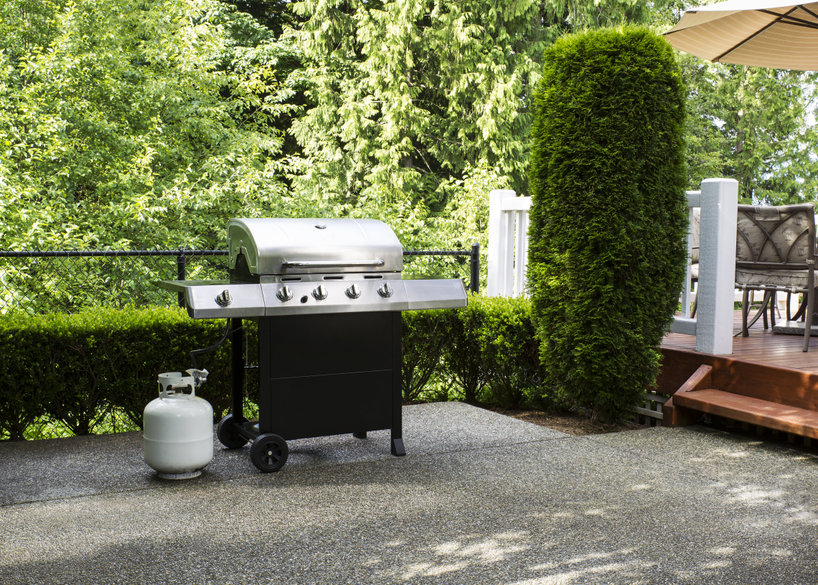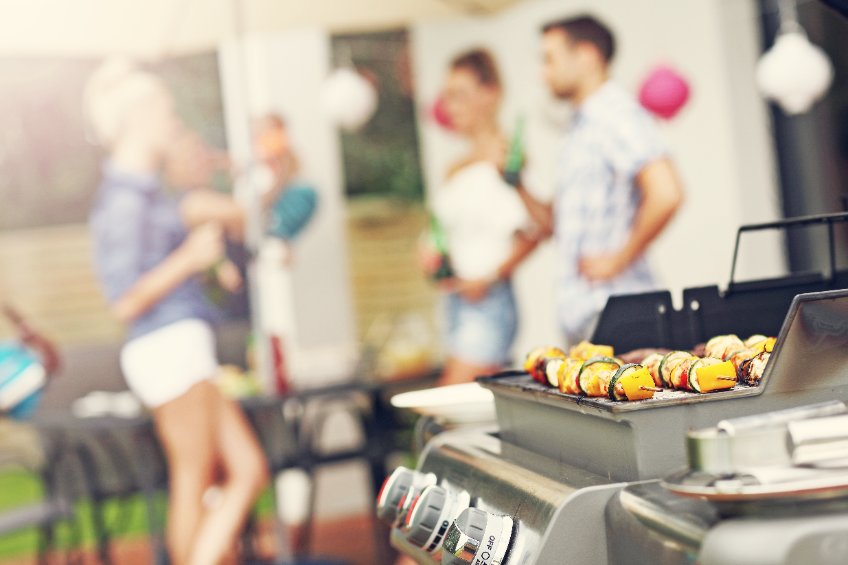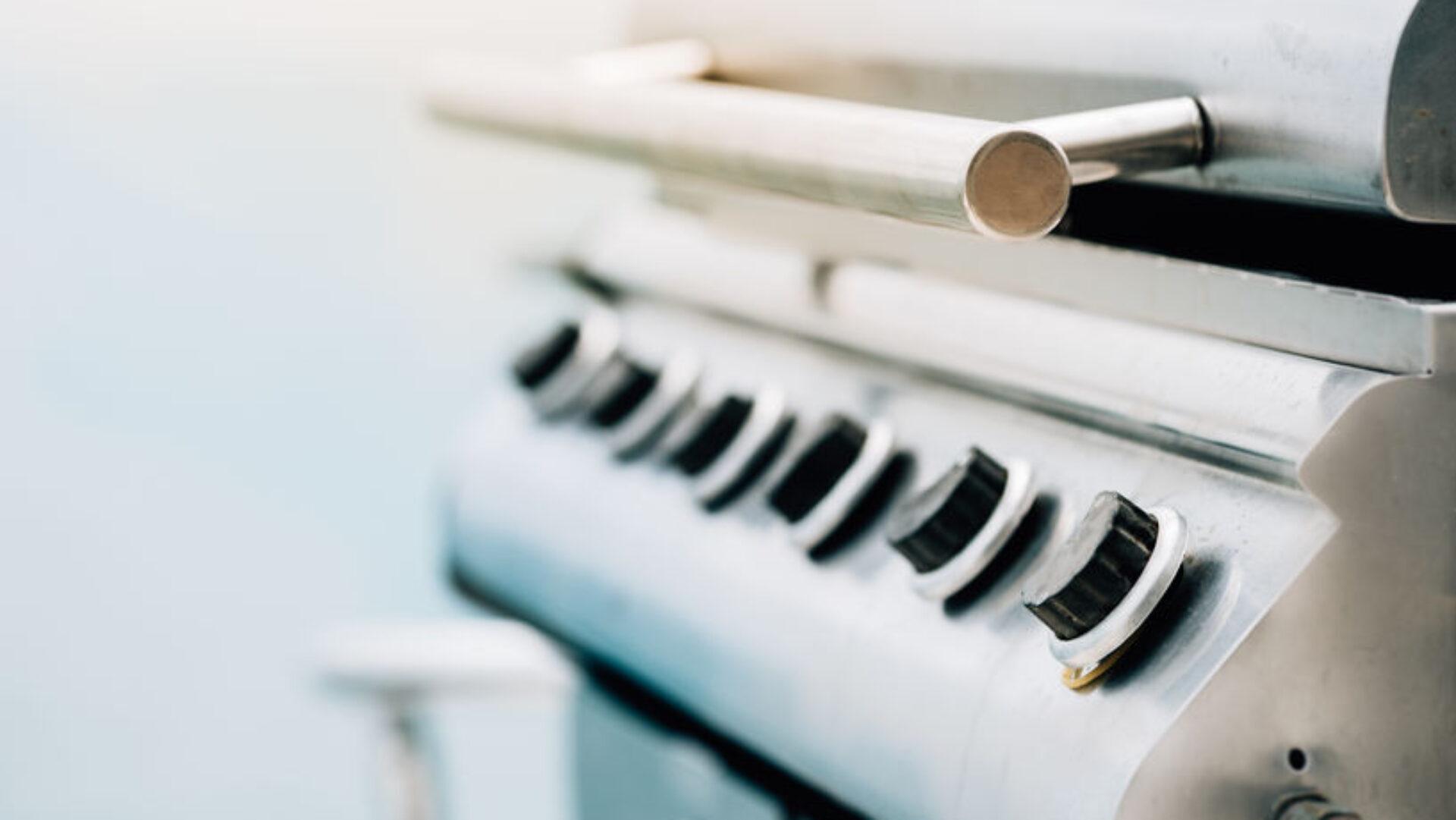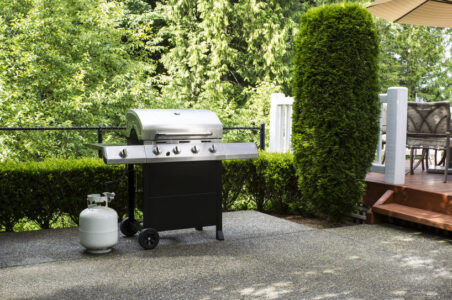This content has been archived. It may no longer be relevant

Gas is the easiest way to fuel your BBQ grill.
Safe and efficient, gas is also affordable and convenient.
It’s easier to store than charcoal or pellets and you won’t be left with any of the mess that solid fuel leaves behind.
Safety should always come first when you’re grilling outdoors.
You might be wondering, should you disconnect the gas from your BBQ after cooking?
It’s a great question but there’s some mixed information out there.
Here’s what you should know to protect your grill and keep your family safe.
Should You Disconnect a Propane Gas BBQ?
There are two types of gas grills for homes: propane and natural gas.
While they rely on similar principles there’s a key difference in how the fuel gets into the grill.
Natural gas comes from the main line at the home, while propane uses a portable canister.
When using a propane grill, the gas should always be turned off at the canister when the grill isn’t in use.
This will prevent any accidental leaks that can occur if the control knobs are turned while the grill isn’t in use.
During the winter when storing the grill in a shed or garage, or under a cover, you can leave the gas line connected to the canister.
If the canister valve is set to the OFF position, it’s safe to leave everything hooked up.
Should You Disconnect a Natural Gas BBQ?
Natural gas grills connect to the main line with a shutoff valve.
While some owners don’t consider it necessary, it’s best to turn the valve to the off position whenever the grill isn’t in use.
This valve can be found on the side of the home and is typically bright red.
During the grilling season, you can leave the line coming from the outlet into the grill.
But during the winter, it’s best to disconnect the line whenever the grill won’t be used for several weeks or several months.
Always make sure that the shutoff valve is disconnected before removing the quick-connect gas lines.
Checking for Leaks at the Start of the Grilling Season
 It’s also a good practice to check for leaks at the start of every grilling season, or whenever you haven’t used your grill for a long time.
It’s also a good practice to check for leaks at the start of every grilling season, or whenever you haven’t used your grill for a long time.
To do this, check that all the hose lines are connected.
Apply some water mixed with detergent to all the connection points.
Then you can simply turn on the gas and check for bubbles around the connections.
If there are no air bubbles in the soapy mixture, then the hose lines are working fine.
Any bubbles indicate that it’s time to replace your hoses.
- This Gas One Hose and Regulator is designed for propane canister models.
- This GasPro Natural Gas Hose is ideal for natural gas BBQ grills.
With a few simple steps, you’ll ensure that your grill is safe during and between cooking sessions.

